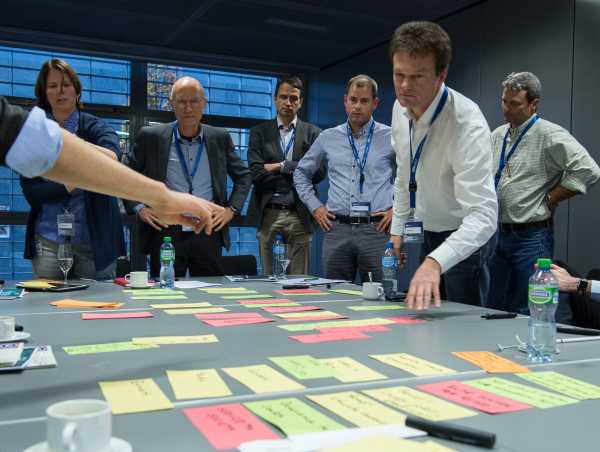Dialogue started on “ETH plus”
The ETH Faculty Retreat in Lucerne was the perfect platform for an intense discussion between the Executive Board and professors about ETH Zurich’s future direction. The focus was above all on debating the Executive Board’s strategic proposal to substantially increase the number of professorships in coming years.
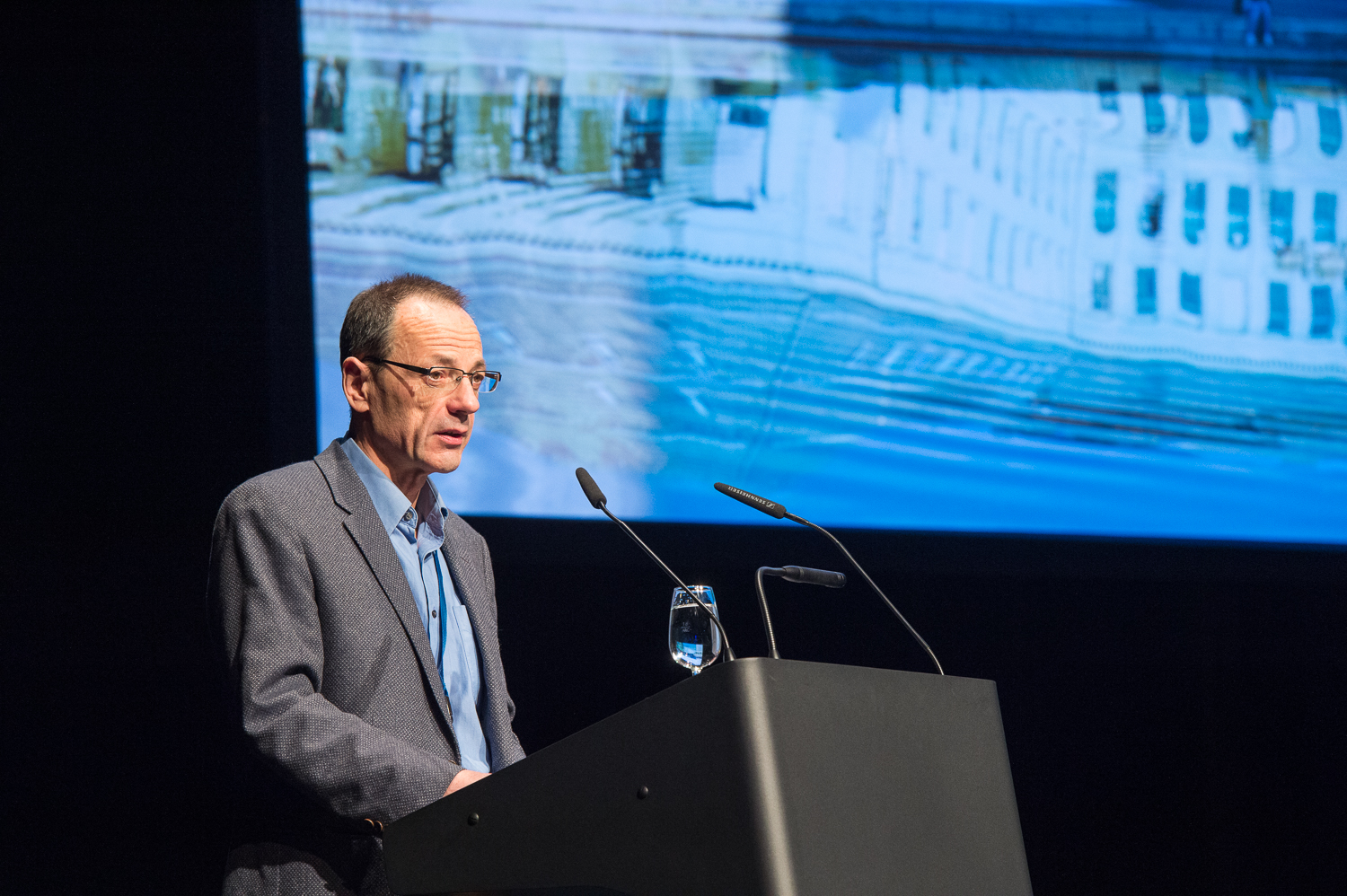
The cold, wet weather was not very welcoming for the 270 participants attending the ETH retreat at the KKL Conference Centre beside picturesque Lake Lucerne. Even so, it proved to be the ideal environment for our professors to share ideas about the university’s future without the pressures of their everyday teaching and research duties.
In his opening speech, ETH President Lino Guzzella drew on the time he has spent as a member of the Executive Board. He reported that the many different stakeholders he had met both inside and outside the university generally had a very high opinion of our institution. “This convinces me that ETH is on the right path. Our consistent performance is outstanding.” Switzerland – and indeed the world – needs a strong institution like ETH. At the same time, it has become clear that this position cannot be taken for granted. “If we are to remain a driving force making a vital contribution to Switzerland and its innovative capacity, as well as maintaining our international reputation for excellence, we must invest more in high-calibre talents.” This will enable ETH to break into promising new areas, the ETH President believes.
“ETH plus” creates new development opportunities
The goal of “ETH plus” is to establish many new professorships for more cutting-edge disciplines, so as to create fresh research and teaching opportunities. “Whether that requires 80, 120 or more additional posts is only a secondary consideration”. At the Faculty Retreat, President Lino Guzzella gave the starting signal for a wide-ranging discussion about this new direction. The specific focus should be on the interfaces between the different disciplines, as this is often where major breakthroughs and innovations occur. More investments are also planned in two focal areas of strategic research: digital transformation and medicine.
One advantage of increasing the number of professorships is a better staff/student ratio. A professorship with fewer students and doctoral research assistants can obviously be more flexible and efficient in the teaching and supervision it provides. Lino Guzzella: “The ETH plus initiative is intended to further improve the already high quality of teaching at ETH and offer even better support for the mid-level academic faculty”.
Self-financed as much as possible
To finance this new expansion phase, the Executive Board plans to use the funds that the entire university has saved through prudent long-term financial planning. Thereafter a model should be developed proposing a modest reduction in the basic funding of professorships and creating incentives to attract more third-party funds. “This approach should allow us to remain competitive in attracting top international talents,” the President stressed. “We will be taking a very selective approach here, rather than considering the university as a whole. Traditionally small professorships tend to play a smaller role than the bigger research teams”.
Consensus on the goal – but differences about the approach
The ETH professors welcomed the goal of actively developing the university and creating new opportunities for growth. Some criticisms were nevertheless voiced about the measures planned by the Executive Board in order to achieve this goal. The risk of “putting the cart before the horse” was raised: before embarking on a certain direction, the Board should thoroughly assess the current status, formulate concrete goals and strategy and – only then – define appropriate measures.
Lino Guzzella explained that the Executive Board was certainly receptive to ideas about the content of “ETH plus”. However, detailed analysis of the situation had made one thing clear: the right time to start this ambitious growth drive was now, rather than some point in the future. Furthermore, the Executive Board is keen to involve the professors in shaping ETH’s future direction by contributing their own expertise. This bottom-up approach fits in with the university’s culture. “The lively and impassioned discussion we’ve had in Lucerne proves this is the best approach to ensure that ETH Zurich – a national jewel in the crown whose legacy we are bound to protect – continues to shine for many years to come”. Building on the outcome of the Lucerne Retreat, the Executive Board will shortly propose an action plan involving all the university’s teaching staff and consultative bodies.
Animated discussion about ETH’s self-image and future direction
“ETH plus” was a key theme throughout the Faculty Retreat held on 10-11 November in Lucerne. But around 270 assistant, associate and full professors, along with the heads of the central units, discussed many other fundamental issues, under the moderation of Gerd Folkers, Head of the Critical Thinking Initiative, such as:
- What is the optimal strategic, organisational and personnel configuration to ensure ETH’s continuing national and international success?
- How can the university maintain its strong standing within Switzerland to secure the generous support it receives politically and from Swiss society as a whole?
- How can ETH professors promote the culture of effective and responsible leadership, as well as ensuring a stronger commitment for the university as a whole?
One of the main conclusions emerging from a total of 23 group workshops was that the university and its leadership should step up its efforts, across all disciplines, to address society’s most challenging and complex problems. The university must demonstrate even more clearly to its patrons – the Swiss people – the vital contributions it makes.
ETH Retreat in Lucerne (Fotos: Heidi Hostettler / ETH Zurich)
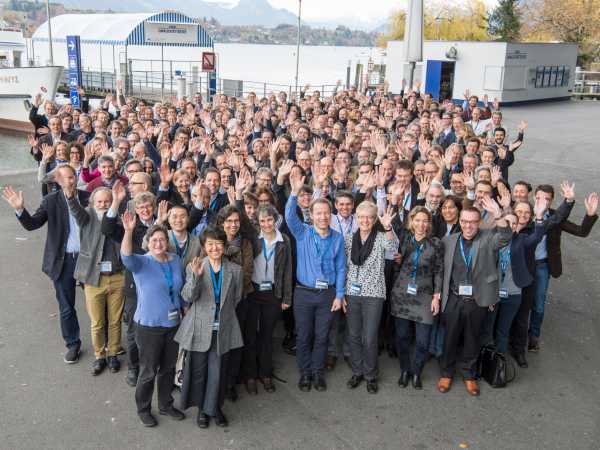 The first plenary session (KKL Conference Centre).
The first plenary session (KKL Conference Centre).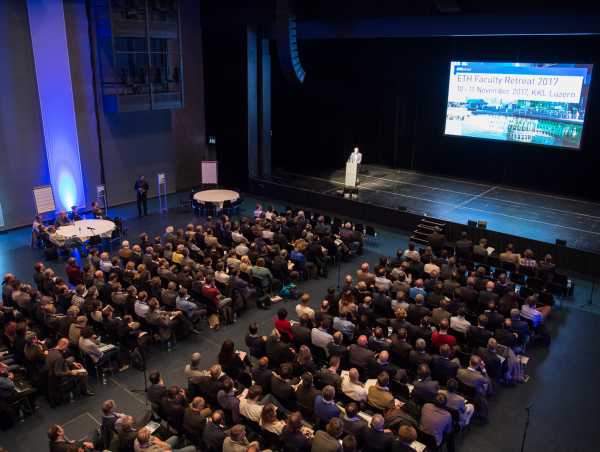 Nina Buchmann
Nina Buchmann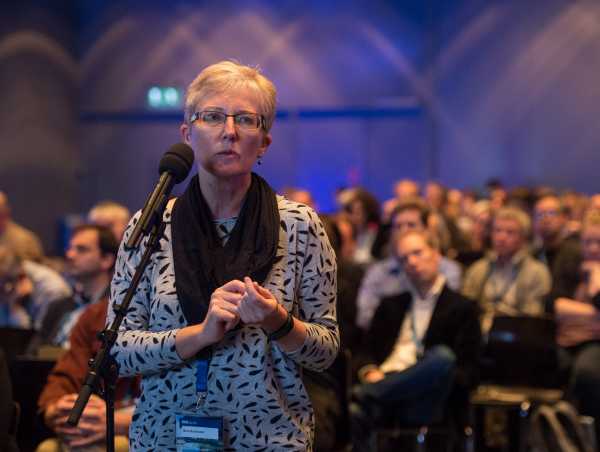 Christophe Copéret
Christophe Copéret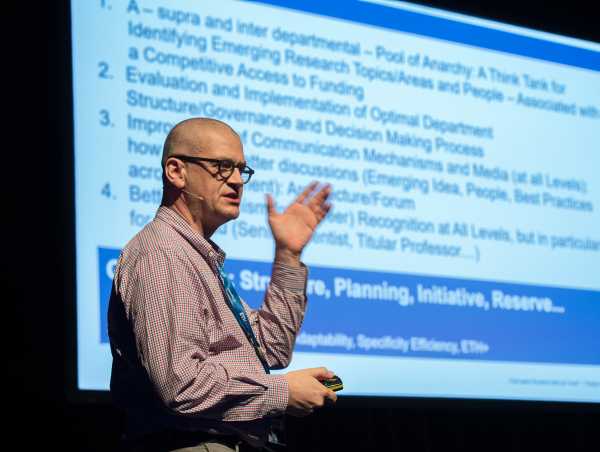 Lino Guzzella and Gerd Folkers who anchored the ETH Retreat.
Lino Guzzella and Gerd Folkers who anchored the ETH Retreat.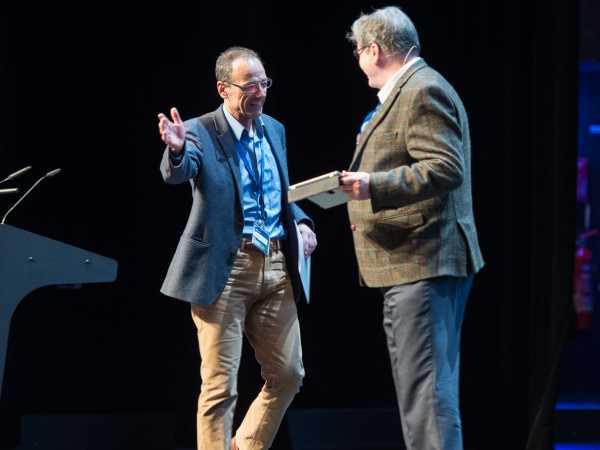 Ulrich Weidmann, Vice-President Personnel & Resources
Ulrich Weidmann, Vice-President Personnel & Resources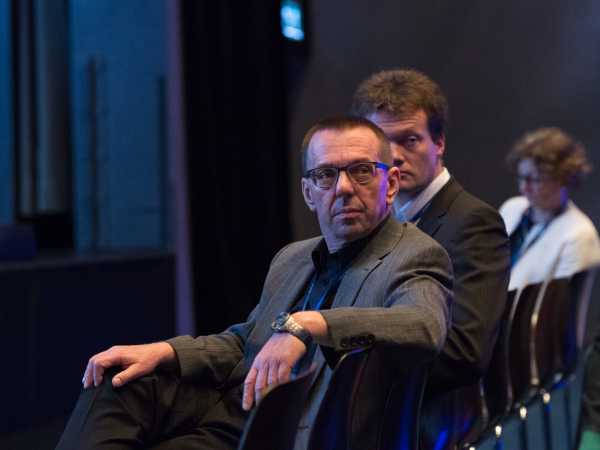 Group discussion
Group discussion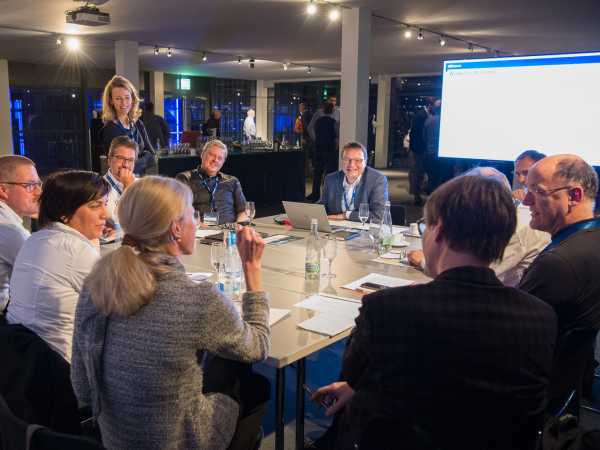 Günter Dissertori and Sarah Springman, Rector of ETH.
Günter Dissertori and Sarah Springman, Rector of ETH.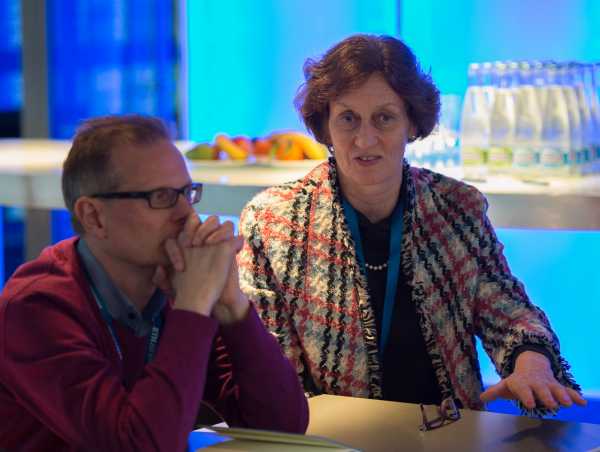 Robert Perich, Vice-President Finance & Controlling
Robert Perich, Vice-President Finance & Controlling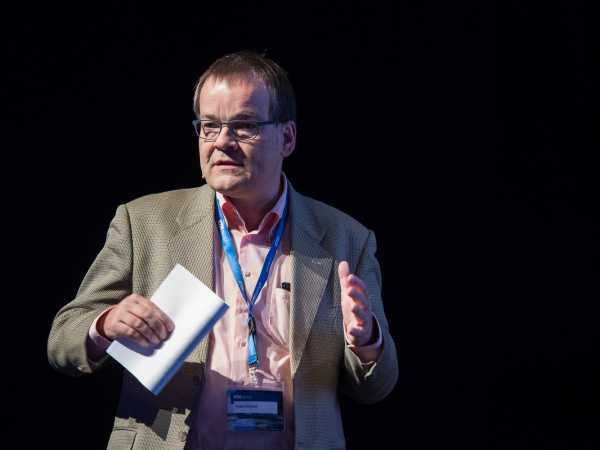 Christofer Hierold, Head of the ETH Strategic Committee.
Christofer Hierold, Head of the ETH Strategic Committee.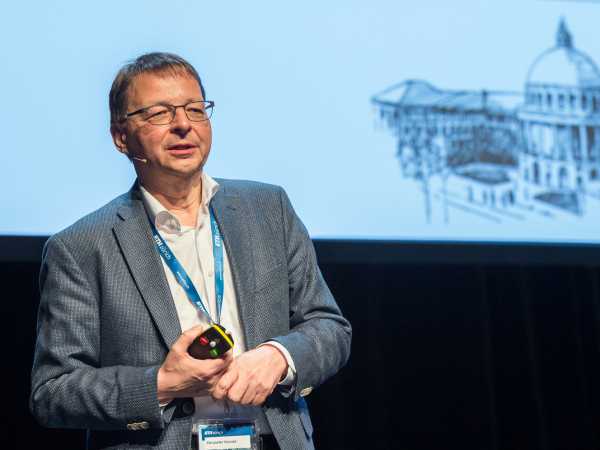 Group discussion
Group discussion